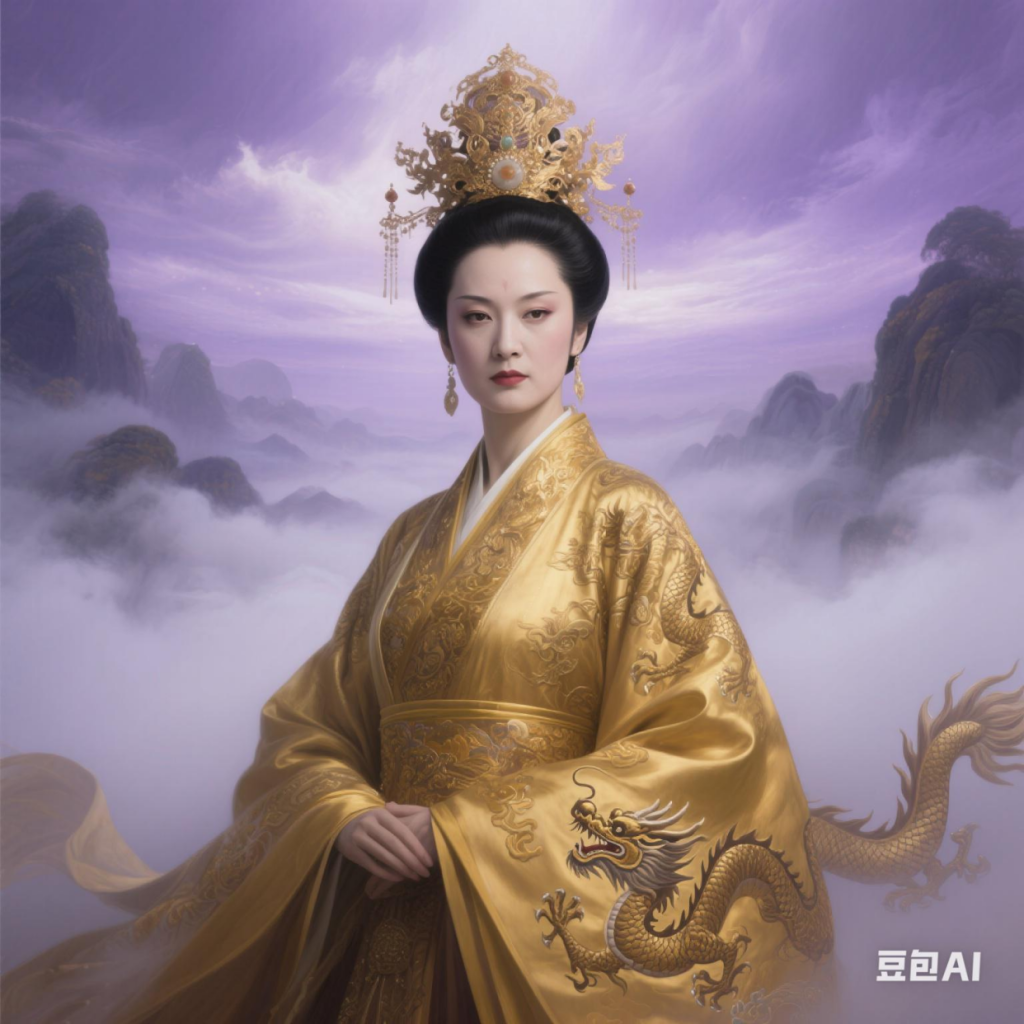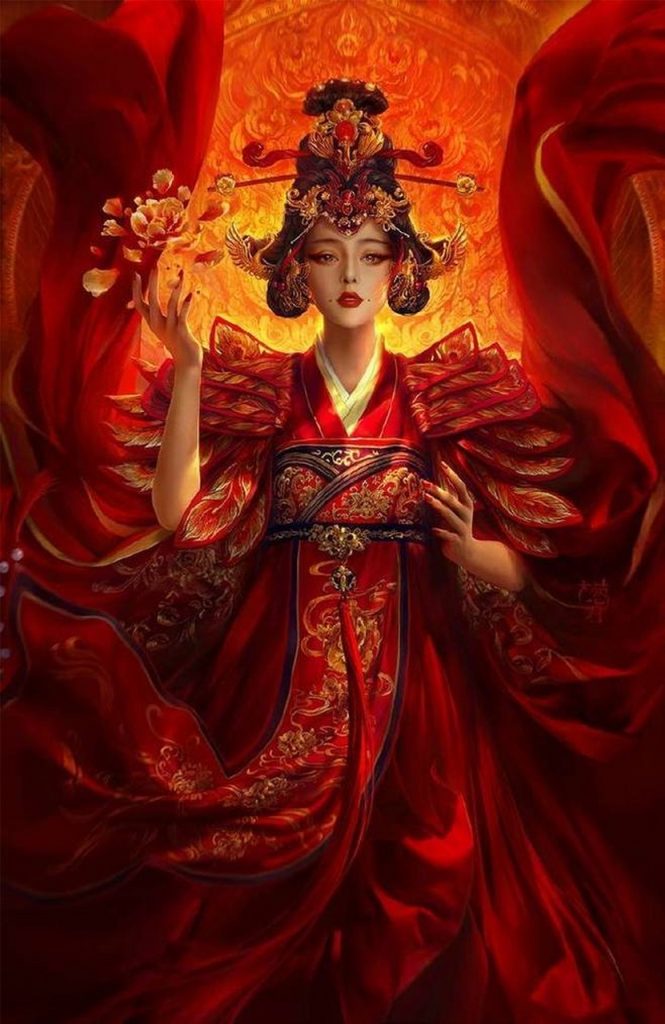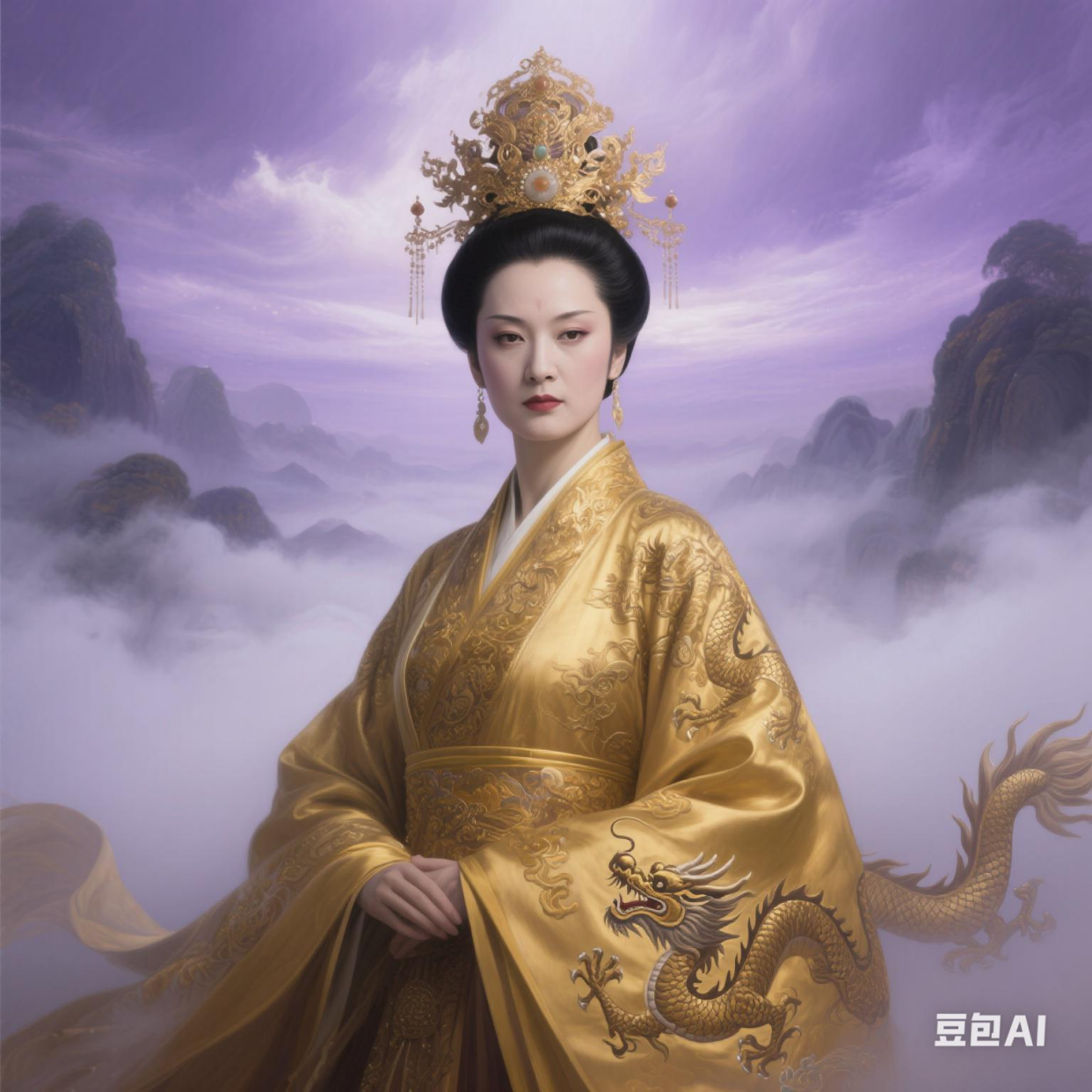Hi, it’s time to meet everyone again. Today, the History Encyclopedia editor has brought an article about the Tang Dynasty. I hope you like it.

If we were to say that the most powerful imperial court in ancient China was undoubtedly the Tang Dynasty, not only in terms of military strength, but also in terms of economy, culture, and even talent, it had an overwhelming advantage that made the courtiers of all nations submit. However, this kind of power was only a phenomenon before the An Lushan Rebellion. Before that, the Tang Dynasty often used its strong national strength to interfere in the affairs of other countries, not to eliminate them, but to help them stabilize the court and quell internal strife. During this period, there were even unimaginable things such as the destruction of a country with fewer people than one. The reason why so many unimaginable things could occur was certainly due to the powerful backing of the Tang Dynasty. At that time, the Tang Dynasty, which covered the sky with only one hand, could be said to be the object of worship for people of all countries.
And there is a reason why the Tang Dynasty was so powerful. During the reign of Emperor Taizong of Tang, he led his army to fight everywhere to expand the territory of the Tang Dynasty. He not only attacked small countries such as Gaochang and Tuyuhun at that time, but also seriously injured Goguryeo and even subdued one of its fierce generals under his command. From then on, the reputation of Emperor Taizong of Tang spread far and wide to other countries and was worshipped by thousands of people. Under his governance, a gratifying situation emerged where all ethnic groups could peacefully coexist under the rule of the Eight Directions. And at that time, Emperor Taizong of Tang was also known as the Heavenly Khan. It is precisely because of the policy of affinity implemented by Emperor Taizong of Tang that the people of all ethnic groups were able to develop so harmoniously, not only reducing some conflicts between them but also enabling the Tang Dynasty to achieve more long-term development.
So, under the immense national power of the Tang Dynasty, what talented individuals emerged? First, let’s talk about a renowned general named Li Jing. He was not only a famous general of the Tang Dynasty, but also made outstanding military achievements for the court. He once followed Emperor Taizong of Tang to attack the Turks and pacify Xiao Xian, and was a very famous general at that time. Later, he was also conferred the title of Duke of the State by Emperor Taizong of Tang, so later generations also referred to him as Li Weigong. It is said that the Turkic people at that time became a major threat to the Tang Dynasty due to their strong influence. After Emperor Taizong ascended to power, he challenged the Tang Dynasty multiple times before sending this Duke of Li to pacify it.

After receiving the emperor’s order, Duke Li personally led three thousand troops and dared to penetrate deep into the enemy’s interior. The soldiers he led were also very awesome, and they were able to fight immediately after marching for thousands of miles. When they launched a surprise attack overnight, it was an unexpected event for the entire Turkic dynasty. In the panic, the Turkic king had to flee overnight and used the reputation of the Tang Dynasty to suppress the enemy before the war even began. It was also because of this battle that Li Guogong left his name in history, and it was the biggest victory in battle for the Tang Dynasty since its founding, and a remarkable achievement.
In addition, there is another unimaginable event, which is the Tang Dynasty’s dispatch of visiting officials to India. At that time, the envoy sent by the Tang Dynasty was Wang Xuance. However, when he was on a mission to India, the old king passed away. After the new king ascended to power, he sent an army to rob Wang Xuance and the others. After thinking of many ways, the trapped Wang Xuance finally found an opportunity to escape to Tubo, and he also used the reputation of the Tang Dynasty to recruit nearly 10000 hired soldiers to suppress the new king. Under the leadership of Wang Xuance, less than ten thousand soldiers were temporarily formed and managed to break through more than five hundred cities in India, capturing over ten thousand people. This incident shocked the entire Indian court.
At that time, the famous monk Xuanzang also came from the Tang Dynasty, and his ability to obtain Buddhist teachings so smoothly when he went to India and returned to the Tang Dynasty was also due to the Tang Dynasty’s reputation abroad. It is said that Xuanzang traveled over 50000 miles and endured countless hardships before reaching India. It can be imagined that in ancient times, he could have traveled such a long distance and even returned to the Tang Dynasty. It would have been impossible without the help of many people on the way. Moreover, according to historical records, Xuanzang passed through many countries during his journey to the west, and it was precisely because of their reception that he was able to continue his journey. The kindness of various countries towards him was also seen in the face of the prosperous Tang Dynasty, and in the end, they all benefited from the Tang Dynasty.
Later on, the Tang Dynasty also faced a major challenge, which had to be traced back to the great general Gao Xianzhi. In fact, Gao Xianzhi was originally from another country, but he surrendered to the Tang Dynasty only after it conquered his country. Later on, he was also appreciated by Emperor Taizong of Tang for his skill in warfare and was appointed as the military governor at that time. After defeating Tubo, he was highly valued by Emperor Taizong of Tang. But this Gao Xianzhi was too greedy for money, because he had long been interested in the huge wealth of the Shi Kingdom. After the Shi Kingdom surrendered to the Tang Dynasty, he slandered the king of the Shi Kingdom for disrespecting the Tang Dynasty and led troops to plunder the Shi Kingdom. As a result, Shiguo severed its ties with the Tang Dynasty and became an enemy. Later, in the war with Arabia, the Tang Dynasty was defeated, but it did not affect its dominant position in Central Asia until the Anshi Rebellion.


